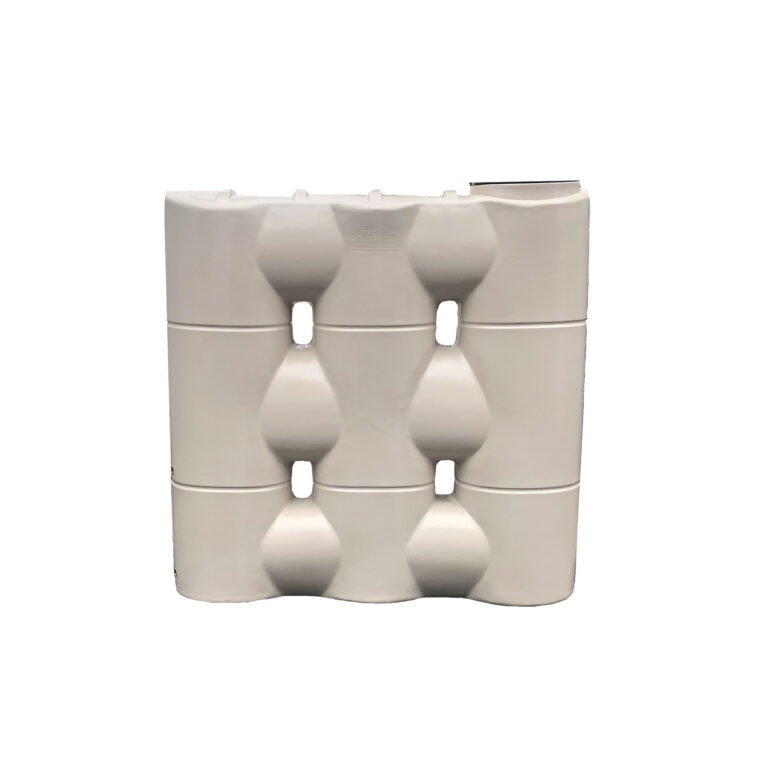Unveiling the Benefits of Rain Containers in Minimizing Water Expenses and Environmental Impact
In a world where sustainability and cost-efficiency are increasingly vital, the utilization of rain storage tanks offers a practical and environmentally aware option. The advantages of including rainwater containers into domestic or industrial properties extend beyond plain water bill decreases. By checking out the multifaceted benefits of such systems, one can uncover a riches of insights into how they add to a much more sustainable future while favorably impacting both finances and the atmosphere.
Price Savings Through Rainwater Containers
When thinking about the application of rain tanks, considerable cost financial savings can be attained via effective water management methods. Rainwater gathering provides a lasting service that not just reduces water expenses however also reduces the stress on municipal water sources. By recording and storing rain for numerous non-potable usages such as watering, commode flushing, and laundry, families and businesses can dramatically decrease their dependence on cured water from the grid, resulting in considerable cost financial savings gradually.
By making use of gathered rainwater for activities that do not need safe and clean water, such as watering yards or cleaning autos, individuals can decrease their total water usage from the mains supply, resulting in reduced water costs. In addition, rainwater tanks can aid mitigate the effect of water limitations or dry spells by offering an alternate water source for vital tasks, making certain connection in water supply without incurring excessive costs.

Ecological Influence Decrease
Executing rain storage tanks not just results in expense savings yet additionally contributes significantly to decreasing the environmental impact connected with water consumption. By capturing rainwater that would certainly otherwise run off into storm drains, rainwater tanks aid relieve pressure on conventional water resources like rivers and storage tanks. This minimized need for municipally dealt with water leads to power savings and a decline in the carbon impact linked with water therapy and distribution procedures.
Moreover, making use of rain for activities such as horticulture, watering, and washing lowers the need for making use of treated water for non-potable purposes. This preservation of potable water aids in preserving water sources for vital uses and minimizes the energy-intensive processes associated with treating water to meet alcohol consumption criteria.

Water Bill Reduction Perks
The installation of rain tanks supplies substantial financial advantages via reductions in water expenses. By collecting and storing rain for various household uses, such as watering yards, purging toilets, or doing washing, homeowners can considerably lower their reliance on the metropolitan water. This, in turn, causes a recognizable decrease in water consumption from typical sources, resulting in lower water costs at the end of each invoicing cycle.
Rain is a complimentary and lasting resource that can supplement or even replace the need for using treated water for non-potable web link functions. Because of this, homes with rainwater containers can see a significant decline in their overall water expenses with time. Furthermore, during durations of water constraints or drought, having a rainwater tank can provide a valuable different water source, further lowering the reliance on costly local water materials.
Essentially, spending in a rain storage tank not just adds to environmental conservation however likewise uses substantial monetary advantages by lowering water expenses and advertising long-term expense financial savings for homeowners.
Lasting Water Monitoring Solutions
Provided the financial benefits and lowered reliance on municipal water materials that rainwater tanks give, checking out sustainable water administration options comes to be a logical next step for homeowners aiming to enhance their water use. Lasting water management involves executing methods that efficiently and sensibly utilize water sources while reducing wastefulness and ecological effect. Rainwater harvesting, which involves collecting and keeping rain for later usage, is a key part of lasting water monitoring. By using rainwater storage tanks to capture and save rain, house owners can lower their dependence on conventional water resources, such as municipal supplies or groundwater, hence adding to water preservation efforts.

In enhancement to rainwater harvesting, lasting water administration solutions may include applying water-efficient devices, fixtures, and landscaping practices. By taking on these sustainable water monitoring strategies, house owners can not just maximize their water use but additionally add to environmental preservation and minimize their water bills in the lengthy run.
Area Water Resource Conservation

Furthermore, neighborhood involvement can expand to the application of water-saving modern technologies and methods on a larger range. Motivating the fostering of rainwater containers, greywater recycling systems, and efficient irrigation techniques within areas can bring about substantial decreases in water consumption. Additionally, fostering a feeling of collective duty for water see post preservation can advertise lasting behaviors and methods amongst community members.
In addition, community water source preservation initiatives can lead the way for more powerful bonds among residents and a common commitment to environmental stewardship. By interacting to safeguard and protect water resources, neighborhoods can contribute considerably to an extra lasting and resistant future.
Conclusion
To conclude, rain tanks offer significant expense financial savings, ecological benefits, and add to sustainable water administration options. By minimizing water bills, conserving water resources, and decreasing ecological impact, rain storage tanks play an essential role in promoting water conservation and sustainability - Slimline water tanks. Their implementation not just benefits private homes yet additionally adds to the wider goal of neighborhood water source monitoring and conservation